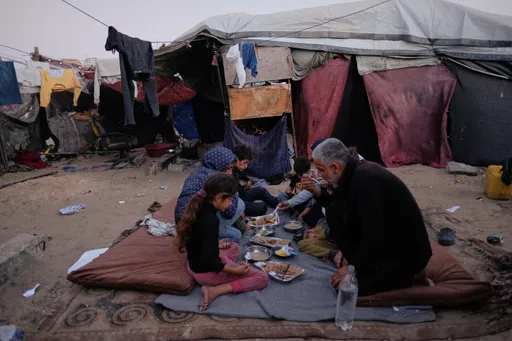Pakistan has confirmed the appointment of the first female Supreme Court judge.
A commission that decides on the promotion of judges on voted on Thursday to make 55-year-old Justice Ayesha Malik the first female judge on the Supreme Court in the 75 years since the South Asian country's independence.
"An important and defining moment in our country as a brilliant lawyer and decorated judge has become Pakistan's first female SC judge," a legislator of the governing Pakistan Tehreek-e-Insaaf and parliamentary secretary for law Maleeka Bokhari tweeted on Thursday.
"To shattering glass ceilings," she added.
READ MORE: 242: The number that changed the face of Pakistan women’s cricket
Historic, yet divisive
Though historic, the move has been divisive.
The nine-member body that was to confirm her appointment turned down her elevation to the top court last year, and Thursday's repeat vote was also close - divided five votes to four - according to sources familiar with the proceedings.
Many lawyers and even judges, in the forum and outside, opposed the move because they say the appointment was made in contravention of seniority lists without any set selection criteria.
Malik was not among the top three most senior judges of the lower court from which she was elevated.
"The major is issue is not that there was ever a question mark on Justice Ayesha Malik's competence," Imaan Mazari-Hazir, an Islamabad-based lawyer and vocal rights activist said.
"The question mark was and remains on the Judicial Commission of Pakistan's arbitrary and non-transparent decision making and the process," she said, adding that the judge's gender was exploited.
READ MORE: Pakistan court sentences two men to death in highway gang rape case























